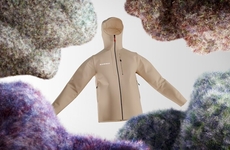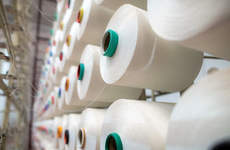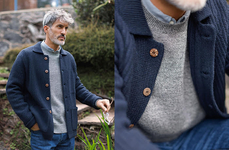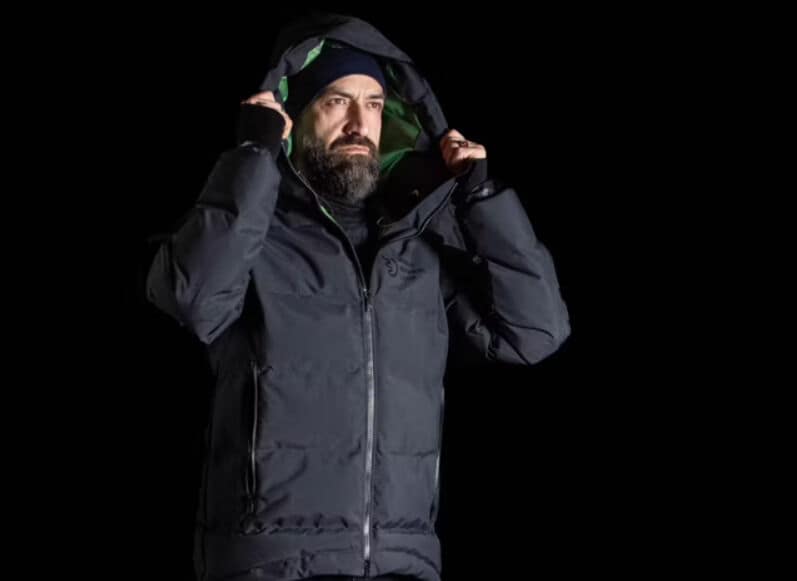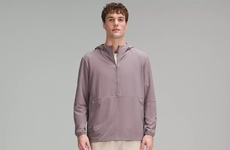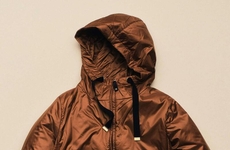
Human Material Loop Insulates Clothing with Waste Human Hair
Laura McQuarrie — January 9, 2023 — Eco
References: humanmaterialloop & fashionunited.uk
Human Material Loop is a material innovation company that uses waste keratin protein fiber in the development of high-performance textiles and it will be embarking on a trip to try out a new clothing prototype. During a trip to Aconcagua, Argentina, co-founder Leonardo Antonio Avezzano will be testing out the newest technology from the company designed to deliver warmth and comfort in the harsh mountains.
The jacket and pants that will be worn by Avezzano will feature waste hair collected from local hair salons, which serve the purpose of providing thermal insulation within the garments. The company saw the opportunity to save human hair from ending up in the landfill and instead put it to good use like wool, which boasts the same protein fibre.
Ultimately, the company is working towards manufacturing materials with a zero negative-impact on the environment.
The jacket and pants that will be worn by Avezzano will feature waste hair collected from local hair salons, which serve the purpose of providing thermal insulation within the garments. The company saw the opportunity to save human hair from ending up in the landfill and instead put it to good use like wool, which boasts the same protein fibre.
Ultimately, the company is working towards manufacturing materials with a zero negative-impact on the environment.
Trend Themes
1. Keratin-based Textiles - Innovative textiles that incorporate keratin protein fiber from waste hair, providing sustainable insulation opportunities for the fashion industry.
2. Material Upcycling - The concept of upcycling materials to create environmentally friendly textiles and clothing, reducing waste and the fashion industry's environmental impact.
3. Circular Fashion Economy - Creating a circular economy in the fashion industry by repurposing waste into new textiles and clothing, reducing waste and promoting sustainable practices.
Industry Implications
1. Fashion - Keratin-based textiles offer the fashion industry a sustainable solution for insulation, promoting upcycling and environmentally friendly practices.
2. Textile Manufacturing - Incorporating keratin protein fiber into textile production provides an innovative solution for reducing waste and creating sustainable fabrics for clothing production.
3. Beauty - Partnering with salons and waste management companies to collect hair for use in textile manufacturing provides an opportunity for the beauty industry to participate in the circular economy and reduce waste.
4.5
Score
Popularity
Activity
Freshness



